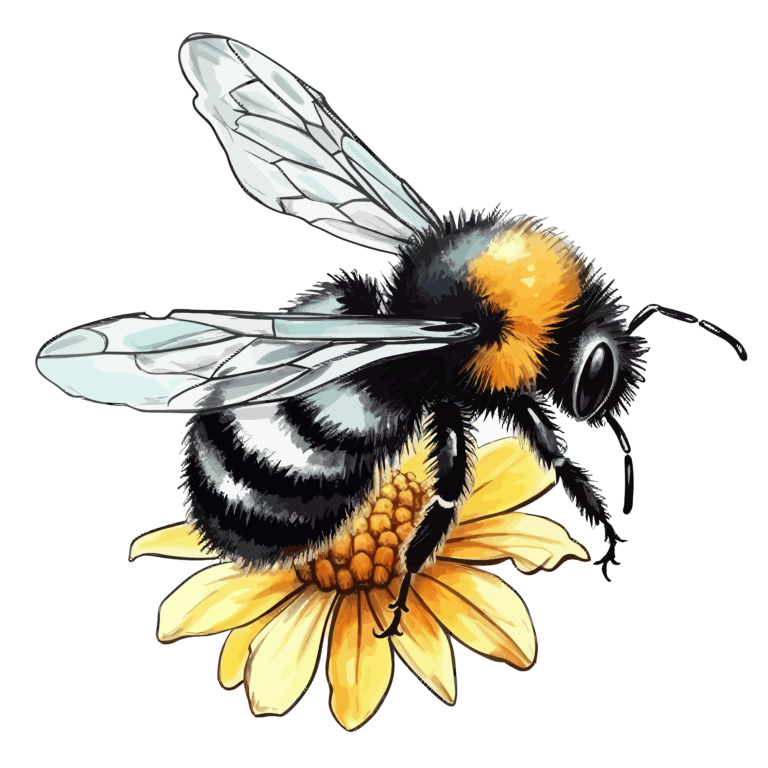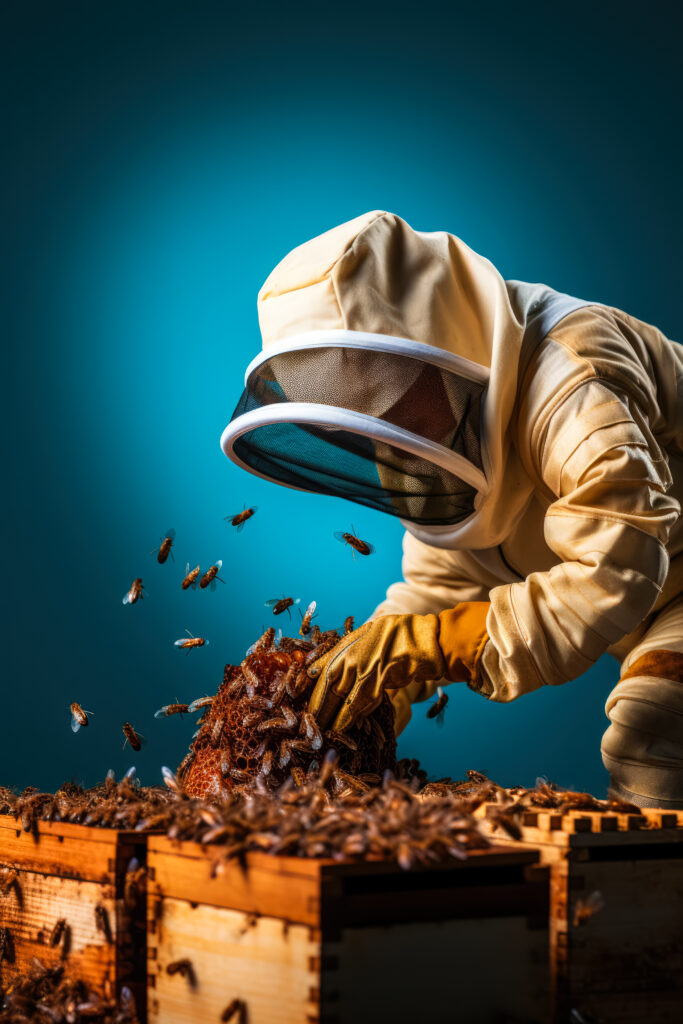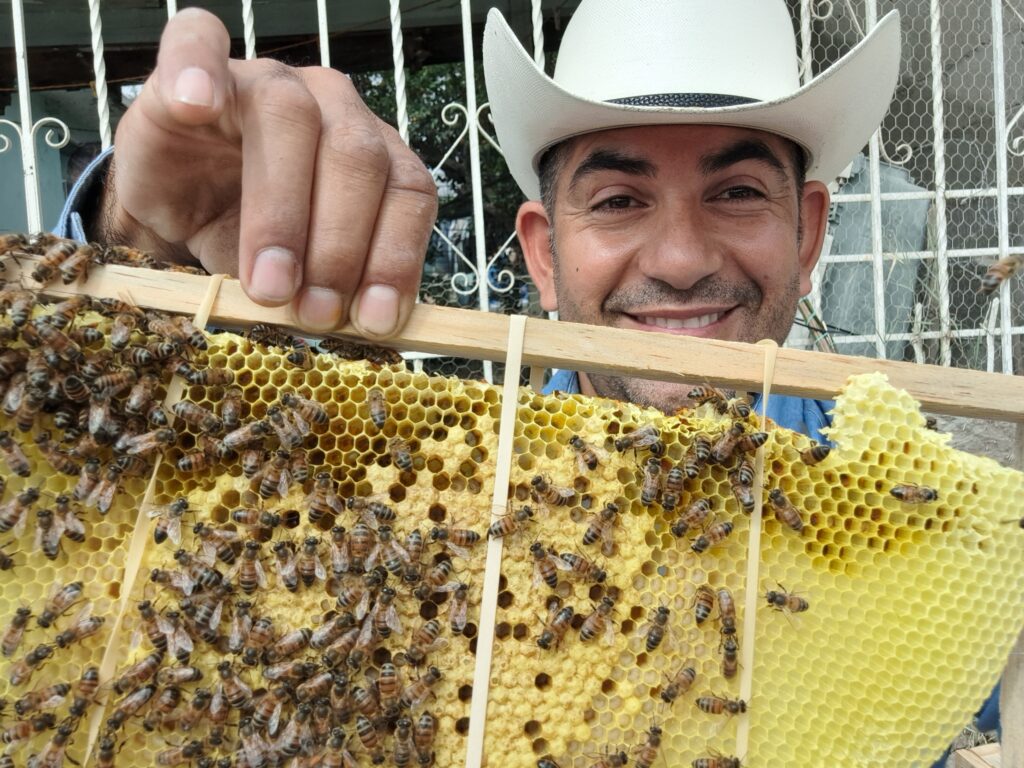Pollination Contracts and Services.
Pollination Contracts and Services in Apiculture: Fostering Agricultural Sustainability
Introduction
Apiculture, the art and science of beekeeping, plays a pivotal role in global agriculture through its contribution to pollination services. Among the various aspects of apiculture, pollination contracts and services stand out as a vital component, ensuring the symbiotic relationship between pollinators, mainly honeybees, and agricultural ecosystems. This professional discourse delves into the multifaceted world of pollination contracts and services in apiculture, highlighting their significance, processes, benefits, and challenges.
The Importance of Pollination Services
Pollination is an indispensable ecological service for plant reproduction, especially for crops and flowering plants. Honeybees are among the most efficient pollinators and are responsible for the successful fertilization of numerous fruits, vegetables, and nuts. This direct linkage between pollinators and agricultural productivity underscores the profound importance of pollination services.
Pollination services increase crop yields, improve crop quality, enhance genetic diversity, and contribute to the stability and resilience of ecosystems. As approximately 75% of global food crops depend on animal pollinators, the role of honeybees in this context cannot be overstated. In this scenario, the need for structured pollination contracts and services becomes evident.
The Role of Pollination Contracts
Pollination contracts are formal agreements between beekeepers and farmers or orchard owners. These contracts define the terms, conditions, and expectations for the provision of pollination services. They are crucial for streamlining the collaboration between the two parties and ensuring that the needs of both the beekeepers and farmers are met.
Key components of pollination contracts include:
Service Details: Contracts outline the specific pollination services required, such as hive placement, the number of hives, and the duration of service.
Compensation: Compensation terms are established, which may include a fixed fee, a percentage of crop yield, or a combination of both.
Pollinator Health and Safety: Provisions for the well-being of the bees, including pesticide use restrictions, are typically included.
Liabilities and Insurance: Responsibility for potential damage to hives or bee-related accidents is defined, along with any necessary insurance coverage.
Benefits of Pollination Contracts
Increased Crop Yields: Structured pollination contracts lead to a higher crop yield, translating into better economic outcomes for both beekeepers and farmers.
Enhanced Bee Health: Beekeepers receive compensation and are motivated to provide better care for their hives, ultimately benefiting bee populations and the environment.
Risk Mitigation: These contracts outline responsibilities and liabilities, reducing the risk of disputes or misunderstandings between parties.
Long-Term Sustainability: By recognizing the critical role of pollinators and the value they bring, these contracts encourage the preservation of pollinator populations.
Challenges and Considerations
Despite the numerous benefits of pollination contracts, several challenges persist. These include:
Variable Environmental Conditions: Weather patterns, disease outbreaks, and other environmental factors can affect the performance of pollinators, creating uncertainties for both beekeepers and farmers.
Pesticide Use: The indiscriminate use of pesticides can harm bee colonies, necessitating stringent provisions in contracts to protect pollinators.
Market Fluctuations: The financial terms of contracts may need to be adjusted to account for market fluctuations and unforeseen circumstances.
Legal Frameworks: Legal requirements and regulations related to pollination services may vary by region and must be considered when drafting contracts.
Conclusion
Pollination contracts and services in apiculture are a cornerstone of sustainable agriculture, ensuring the efficient pollination of crops and the preservation of honeybee populations. These formal agreements help establish mutually beneficial relationships between beekeepers and farmers, while also addressing critical issues such as bee health and environmental sustainability. Recognizing the significance of pollination contracts and services is essential to secure the future of global food production and the interconnected ecosystems we rely on. The promotion of well-structured contracts, coupled with effective conservation efforts, will continue to foster a harmonious coexistence between apiculture and agriculture, underpinning a more resilient and sustainable world.




